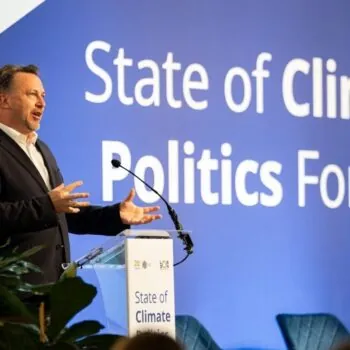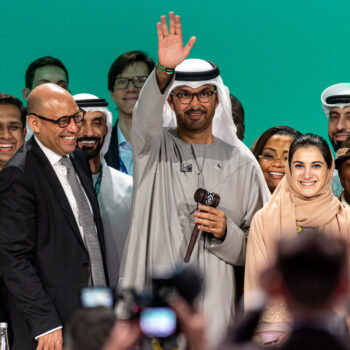Given the historical context it is unsurprising that Germany has struggled to find its foreign policy niche. Instead evading leadership roles and attempting to nudge geopolitics through subtler and more haphazard economic diplomacy. Climate change and the challenge of defending multilateralism in an era of Trumpian protectionism however has finally given Germany a global leadership role it never thought it would have to fill.
Nowhere is this more evident than in the masterfully orchestrated geopolitical circus of bilaterals and summits surrounding this weekend’s German hosted G20 summit in Hamburg. Like stars aligning, the maturing of the German foreign policy approach has happened in tandem with the maturing of the G20 summit into a significant geopolitical stage. Unlike its older brother the G7, the G20 only became a forum for heads of state with the first leaders’ summit in 2008 to tackle the global financial crisis. Since then the G20 has expanded its financial and economic roots, branching out to address geopolitical concerns at the highest level, including issues of migration, terrorism, trade and climate change.
Strength through multilateralism
The very tenants of multilateralism have been called into question over the past year, with a foreign policy landscape distorted by bursts of isolationism and protectionism. This is particularly evident in the void left by a newly stand-offish US rejecting the responsibilities of global leadership. However, it also represented a chance for other G20 countries and Germany in particular, as this year’s Presidency to pioneer a new sort of international leadership. One which convenes nations rather than commands. One that builds on the values of multilateralism – not to be confused with consensus.
Under Merkel Germany has leveraged and built its existing relationship as a major economy at the heart of the World’s biggest multilateral experiment.
A Team Europe approach
At the core of Germany’s new form of leadership is its strong connection with many fellow EU member states. Most notably Italy, who as outgoing Presidency of the G7 has built a relationship of mutual support with Germany. Also France, who under the newly elected Macron has ambition to lead on climate. This trifecta has catalysed and shaped the EU reaction to the USA’s climate exit. Most recently at June’s EU G20 leader’s meeting which cumulated in the European G20 countries strong statement of joint commitment going into the G20. At the meeting, European leaders affirmed that they would speak with “one voice” holding firm to the tenants of multilateralism. Is anyone doubtful that this voice is going to be female and German?
Collaborating with rising powers
Far from relying solely on the home field advantage of European support, Germany has been actively engaging with rising powers and developing countries in the run-up to the summit. Not as a global superpower, or from any perceived position of superiority, but as a partner and equal. This is a recognition of the power and importance of middle income countries and rising powers like India and China. Capitalizing on this new decentralised geopolitical system, Berlin recently hosted both Merkel-Modi and Merkel- Li bi-laterals. These talks resulted in strong statements of support for climate change actions from both India and China in the run-up to the summit.
Germany-India and Germany-China relations reveal that climate action is anchored at the heart of Germany’s new form of global leadership. While it is Germany’s long history as a respectful trade partner as well as its economic clout as a major economy that brings these world leaders to the table, it is Germany’s historic track-record as an international frontrunner and advocate for tackling climate change that brings support in a way that zero-sum topics such as natural security and trade never could.
A challenge as immense as climate change can only be effectively tackled by global, coordinated and collaborative action. A country that has a history of collaborating rather than commanding has inadvertently turned Germany into a new kind of global leader.



